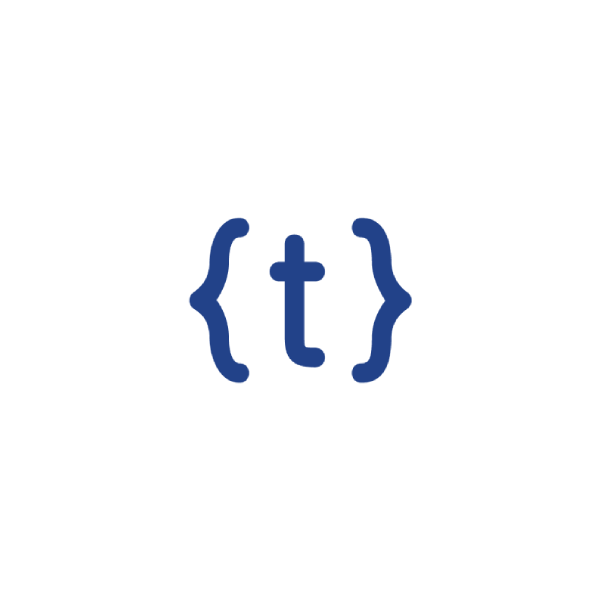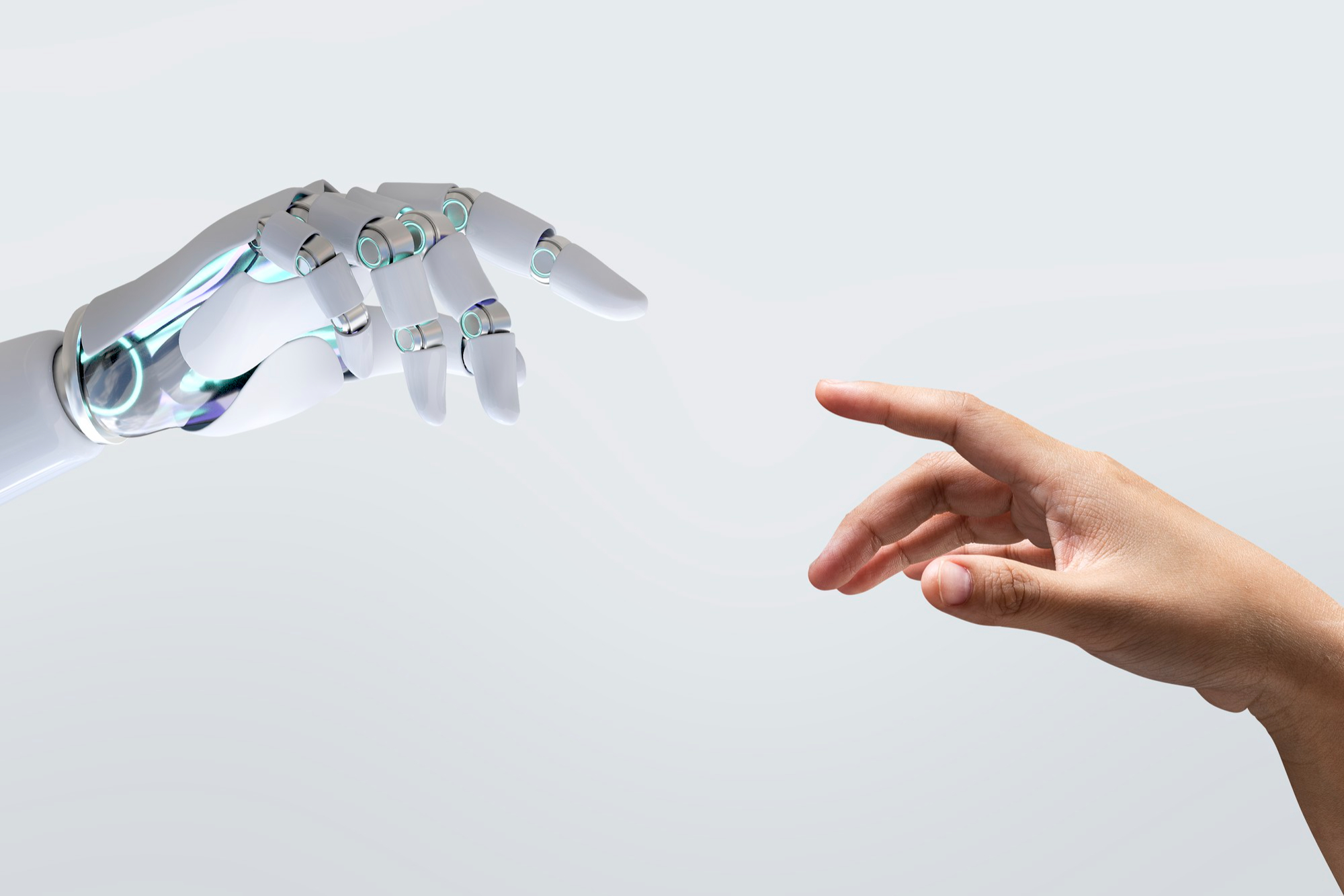
Toogas
Toogas
•
8 May, 2025
Para consultar o conteúdo integral, por favor, aceda ao artigo original.
Certified official partners of the most renowned ecommerce solutions.
Toogas-AIP Webinar «Automation and Operational Efficiency in Ecommerce»


Toogas
Toogas
•
Para consultar o conteúdo integral, por favor, aceda ao artigo original.
At Toogas, we have witnessed this phenomenon first-hand, integrating various types of AI into the solutions we develop to enhance online businesses.
AI is not a singular technology; it encompasses a range of subfields such as Machine Learning (ML), Natural Language Processing (NLP), Computer Vision, and Recommendation Systems – each with specific applications in ecommerce.
Furniture companies are using AI-powered augmented reality to allow customers to virtually “place” furniture in their homes via smartphones. This not only enhances the customer experience but also reduces returns.
Fashion platforms are using AI to analyse data from social media, blogs, and online searches to forecast emerging trends. This enables them to adjust stock and launch products at the right time.
AI is being used to detect fraudulent activities by analysing behavioural patterns in real time, protecting both businesses and consumers.
Despite the impressive advances, AI does not replace creativity, empathy, and human judgement. In fact, technology should be seen as an extension of human capabilities.
True optimisation of resources occurs when there is harmonious collaboration between AI and human beings.
Automating routine tasks with AI frees up staff to focus on strategic and creative activities, boosting overall productivity.
AI can provide valuable insights into performance and areas for improvement, but human input is required to implement effective changes and strategies.
While AI learns from past data, humans are able to adapt quickly to unforeseen situations – a critical skill in a constantly evolving market.
Artificial Intelligence is redefining the ecommerce landscape, offering powerful tools to enhance efficiency, personalisation, and customer satisfaction. However, it is always worth remembering that these technologies are most effective when they complement – rather than replace – human talent. For this reason, it is essential to train talent to work alongside AI to maximise productivity and results.
At Toogas, we believe the future of ecommerce lies in this balanced integration. We remain committed to developing solutions that harness the best of both technology and human input, driving our clients’ businesses to new levels of success.